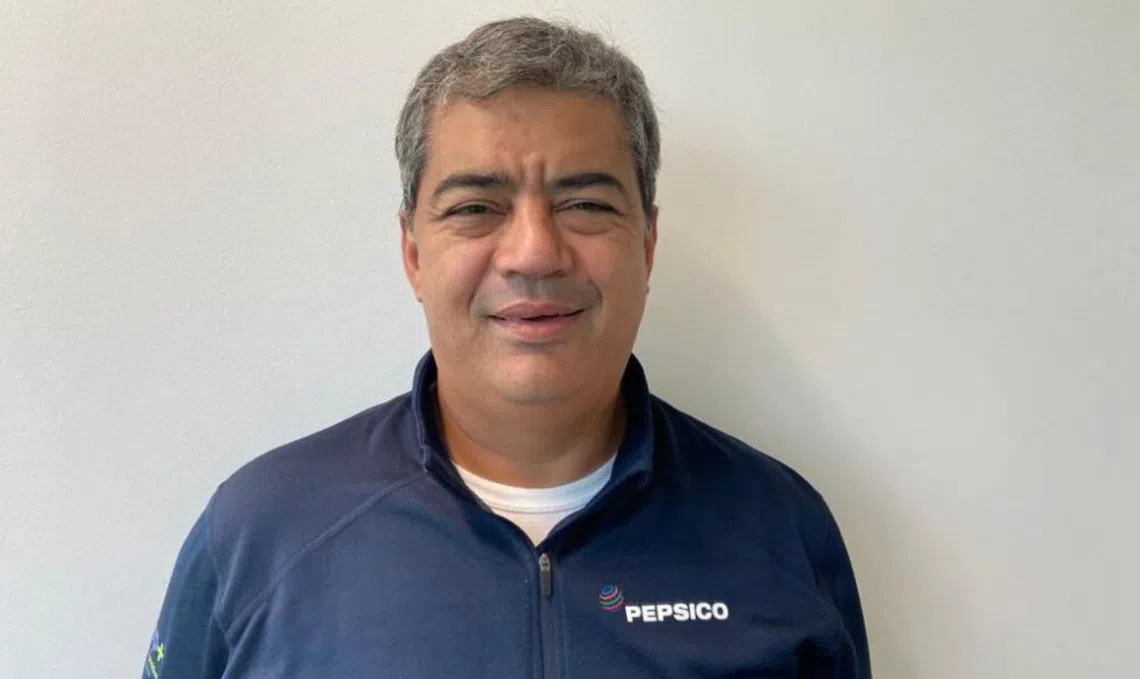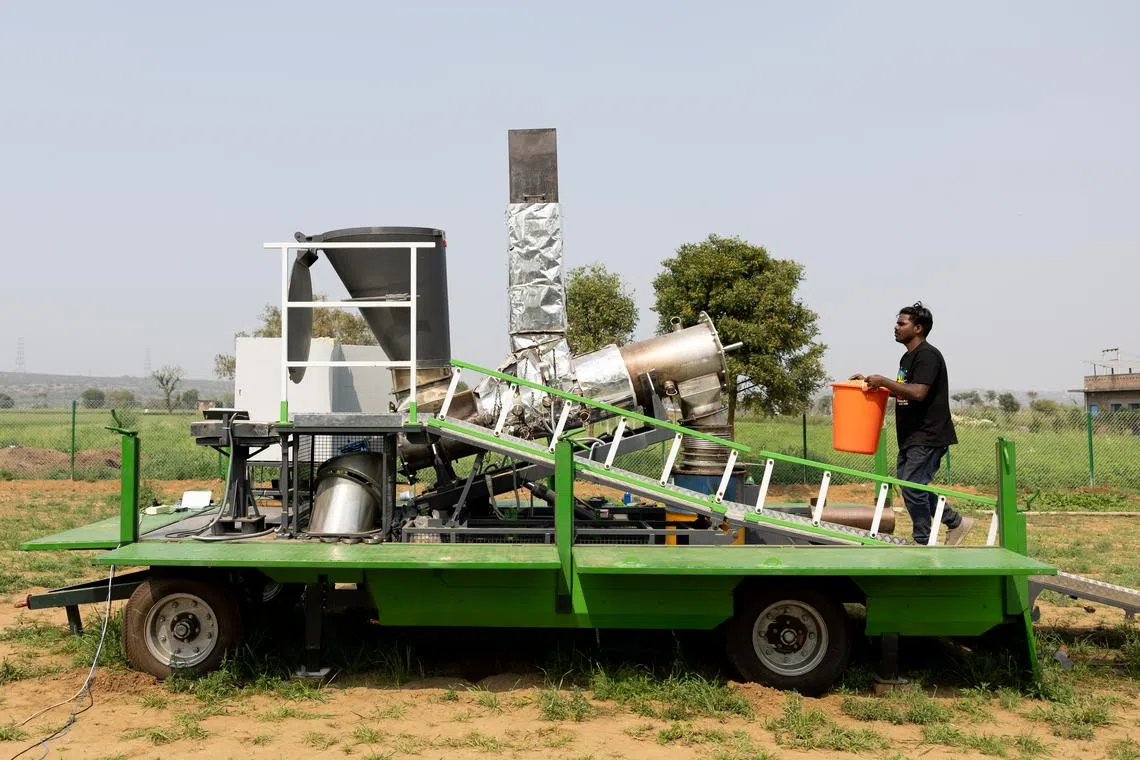PepsiCo’s Greenhouse Accelerator supports early-stage startups in sustainability
10 finalists can pitch their innovations to executives, venture capitalists and investors, with the winner securing an extra US$100,000 grant
EARLY-STAGE startups based in the Asia-Pacific stand to receive non-dilutive grants of US$20,000 and a pilot opportunity from PepsiCo, by being a finalist in the Greenhouse Accelerator programme.
Now in its third edition, the pilot-oriented, mentorship-based programme aims to identify and help startups in the sustainability sector scale their businesses.
Ashley Brown, Apac chief sustainability officer and vice-president for supply chain at PepsiCo Australia, New Zealand and Asia, said: “The programme pairs startups with PepsiCo executives to drive innovations focused on the circular economy, sustainable agriculture and climate action.”
The mentors will provide tailored guidance to help the startups refine their business models and strategies.
In the final event, 10 finalists can pitch their innovations to PepsiCo executives, venture capitalists and investors. A winner will secure an additional grant of US$100,000.
The third edition’s final event is slated to take place in September. Applications will close on Mar 13.
Navigate Asia in
a new global order
Get the insights delivered to your inbox.
To be eligible for the programme, a startup must have pre-revenue of up to US$7 million in sales in the last financial year, and business operations in one of the participating Apac markets. It must also have in-lab proof of concept, and its solution should have an impact on PepsiCo’s sustainability goals.
Climate change
Climate change has exacerbated the need for more innovative solutions, said Brown. “As extreme weather events become more frequent and severe, there’s an increased urgency for innovations in resilient agricultural practices, efficient resource management and low-carbon technologies.”

In this regard, startups in Apac are “uniquely positioned” because they directly experience the impacts of climate change. They therefore have a better understanding of the challenges that the region faces.
Brown added: “Through our pilot-oriented approach, we provide startups with the opportunity to potentially enable testing and refinement of innovative technologies that can address complex industry challenges.”
So far, 15 pilots have been initiated in seven markets from the 2023 and 2024 cohorts of the Greenhouse Accelerator. In addition, several finalists secured funding after their participation in the programme.
An alternative to energy storage
The winner of the Greenhouse Accelerator’s 2024 edition was Alterno, a Vietnam-based startup that provides thermal energy storage solutions using sand battery technology.
Its co-founder and chief executive Hai Ho said: “The agriculture sector, which is vital to South-east Asia’s economy, contributes significantly to greenhouse gas emissions. Our sand battery technology offers a sustainable solution to reducing these emissions while meeting the growing demand for thermal energy in agriculture.”
He began exploring alternative energy storage solutions after living in a remote area in Vietnam, where he “encountered the limitations of conventional energy storage systems”.
“Lithium batteries, while effective for powering appliances like air-conditioners and computers, struggled with high-energy demands such as heating water,” he said.
Alterno’s technology stores thermal energy in insulated sand with custom heat-producing tubes. This system can store excess renewable energy, such as solar power, and provide high-temperature heat for different applications. The sand battery can also retain thermal energy for extended periods – up to six months.
Receiving mentorship and the US$100,000 grant helped the startup develop and scale its tech.
“This funding is helping us refine our solution for various applications, including our current work with PepsiCo to trial a use case for heating oil,” said Ho, adding that Alterno also tested its tech in an industrial setting.
“Our pilot at PepsiCo’s food plant in Vietnam allowed us to demonstrate the effectiveness of our solution in reducing natural gas usage for pellet drying in snack production.”
He added: “It proved that our renewable energy storage solution could partially substitute fossil fuel-based energy in industrial processes, which is crucial for our expansion plans.”
Tackling air pollution
Takachar was a finalist in the 2024 Greenhouse Accelerator programme. The startup, which has operations in India, the US, the Philippines and Thailand, tackles smoke emissions while sequestering carbon.
Growing up in New Delhi, Takachar co-founder and CEO Vidyut Mohan witnessed first-hand how the city’s air quality worsened every year, especially in winter, when farmers would burn crop residues. This contributed to air pollution and released greenhouse gases.
“As extreme weather events become more frequent, farmers are under increasing pressure to clear their fields quickly for the next crop cycle, often resorting to burning,” he said.
He and co-founder Kevin Kung developed an alternative to crop burning – the MiniTorr, a small-scale, low-cost portable machine that converts crop and forest residues into bioproducts such as fuel and fertiliser without external fuel or heat.
Farmers can feed the residues into the MiniTorr, which roasts the biomass in a controlled environment.
“This process reduces smoke emissions by up to 98 per cent, compared to burning waste products in the open air, and also sequesters carbon durably through the carbon-negative soil amendments and fertilisers produced from the equipment,” Vidyut said.

The MiniTorr’s portability allows it to operate on-site, making it more accessible to farmers who can process their waste locally.
“Traditional biomass-processing technologies are typically large-scale and centralised, making them inaccessible to many rural farmers,” Vidyut explained.
He added that participating in the Greenhouse Accelerator boosted Takachar’s expansion plans.
“It helped us focus on creating applications for biochar in our beachhead market, as well as put us on a trajectory to find partners in Thailand and the Philippines for local project development and deployments.”
The startup is currently collaborating with PepsiCo in India to tackle a paddy stubble burning problem.
Decoding Asia newsletter: your guide to navigating Asia in a new global order. Sign up here to get Decoding Asia newsletter. Delivered to your inbox. Free.
Copyright SPH Media. All rights reserved.


